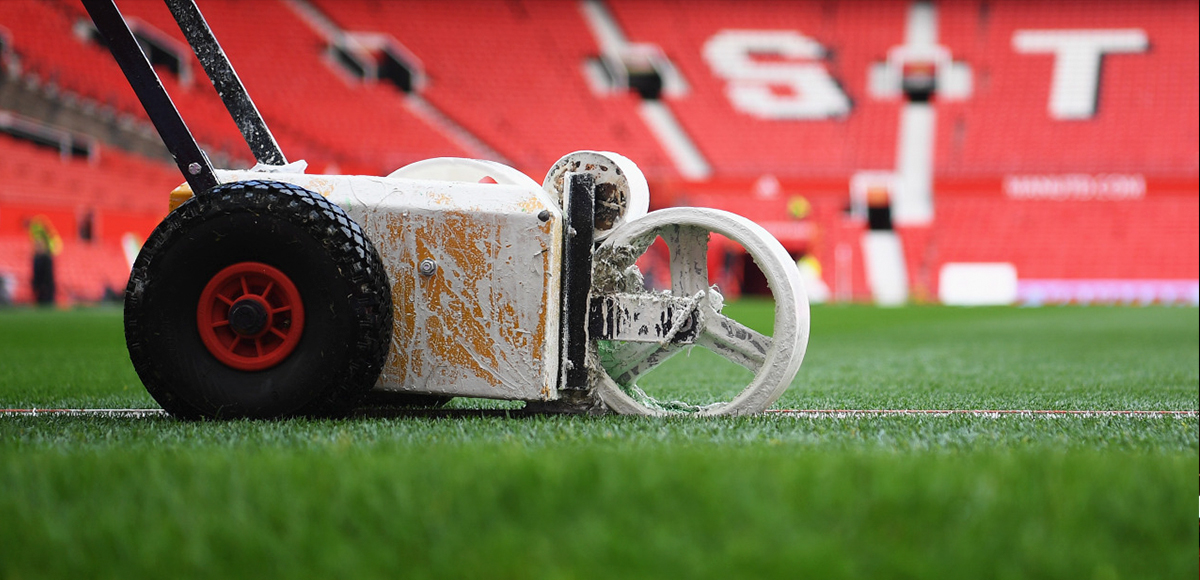The image of Roy Keane the snarling, sinewy heartbeat of Manchester United’s golden era crying in his car as he drove away from Carrington for the last time is a jarring one. It’s a scene that clashes with the mythology of a man who embodied cold-eyed defiance, a leader who once declared “I’d rather be hated for who I am than loved for who I’m not.” Yet in a raw, revelatory interview on The Overlap, Keane peeled back the armour to reveal the human cost of his abrupt 2014 exit from Old Trafford, offering a poignant counterpoint to the current United side’s struggles under Ruben Amorim.
The Morning the Ironman Cried
“When I left United, I did cry that morning. Cried in my car,” Keane confessed, his voice steady but tinged with the weight of memory. The admission, fleeting yet seismic, lays bare the emotional rupture of a departure that still divides fans. Keane’s 12-year tenure marked by seven Premier League titles, four FA Cups, and the 1999 Treble ended not with a testimonial, but a terse statement. A fallout with Sir Alex Ferguson over a banned MUTV interview critiquing teammates’ commitment saw the captain’s armband ripped away, his legacy frozen in mid-snarl.
For a player who once claimed he’d “run through a brick wall” for United, the exit was a betrayal. “I wasn’t ready to leave,” Keane later admitted in his autobiography. But as the interview reveals, time hasn’t softened the sting.
“I Don’t Support United”: The Paradox of Professional Detachment
Keane’s relationship with United has always been complex—a marriage of relentless ambition rather than blind loyalty. When pressed on his affinity for the club, he was unequivocal: “I don’t support Manchester United. I don’t support Nottingham Forest. I have more of an insight into how it works at the club and the expectations, but I wouldn’t say I’m a fan—their results don’t make or break my weekend.”
This isn’t indifference; it’s the pragmatism of a man who gave everything on the pitch and left nothing in the tank. Keane’s United wasn’t about scarves or songs it was about standards. “I’d be looking at it in a professional way,” he added, a reminder that for him, football was a vocation, not a romance.
Yet for supporters, Keane’s legacy is untouchable. His name still reverberates through the Stretford End, a ghostly echo of an era when United’s midfield was a fortress, not a thoroughfare.
Amorim’s Midfield Void: The Keane-shaped Hole
As United prepare to face Tottenham on Sunday a club Keane supported as a boy in Cork the contrast between past and present is stark. Amorim’s side, languishing 13th, lacks the snarling intensity that defined Keane’s reign. Casemiro, once a bastion of steel, now labours like a veteran chasing shadows. Kobbie Mainoo’s promise is tempered by inexperience, while Christian Eriksen’s creativity floats untethered to grit.
Keane’s assessment, though unspoken, looms large. This is a team crying out for a leader who’d “die for three points,” as he once did. A midfielder who’d crush a counter-attack with a tackle, then spark one with a pass. A captain who’d drag teammates by the collar if they dared drop their guard.
The Ferguson Fracture: A Wound That Never Healed
Keane’s exit wasn’t just a career inflection it was a cultural quake. His departure marked the end of an era where accountability was non-negotiable. Ferguson’s “hairdryer” met its match in Keane’s unblinking stare, a dynamic that fuaged titles but sowed seeds of discord.
“People say I fell out with United. No I fell out with a manager,” Keane clarified years later. The distinction matters. For all the drama, his love was never for the institution, but the battle.
Tottenham Revisited: A Fitting Stage for Reflection
Sunday’s clash with Spurs offers a cruel symmetry. Keane, the boy who dreamed of White Hart Lane, now watches as United a club he shaped but never sentimentalised seek redemption against his childhood side. Amorim’s men, twice beaten by Tottenham this season, stagger into the game as underdogs, their midfield a patchwork of compromises.
It’s a fixture that demands Keane’s brand of fury. Instead, United will lean on a core that former teammate Gary Neville recently labelled “too nice.” The irony isn’t lost on fans who’ve spent a decade pining for a leader half as combustible as the Irishman.
Legacy Beyond Loyalty: Why Keane’s Truth Hurts
Keane’s confession “I’m not a fan” might unsettle supporters who conflate passion with permanence. But therein lies his lesson: greatness isn’t about love; it’s about sacrifice. Keane didn’t bleed for the badge; he bled for the cause. His tears that morning weren’t for lost loyalty, but for a war abruptly taken away.
For Amorim, the challenge is clear: United don’t need another idol. They need a general. Someone who’ll cry not for the club, but for the fight. Until then, Keane’s shadow a brooding, brilliant spectre will linger over Old Trafford, a reminder of what’s been lost and what it takes to reclaim it.
Quotes sourced from Roy Keane’s interview on The Overlap. Historical context from the very good Keane’s autobiography, The Second Half.


